As 2025 unfolds, the surge of women-led inclusive brands is reshaping the landscape of fashion and beauty in profound ways. Female entrepreneurs worldwide are channeling their personal experiences and challenges into innovative products, campaigns, and movements that resonate on a global scale. From the vibrant markets of Lagos to the stylish streets of Paris and New York, these trailblazing women are crafting brands that celebrate authentic representation-embracing diverse body shapes, skin tones, and lifestyles. This genuine approach is quietly revolutionizing the industry’s core.
What distinguishes this era is its foundation in authenticity and inclusivity. Fashion runways now proudly feature a spectrum of body types, while beauty brands are expanding their shade ranges to honor every complexion. More than ever, companies are tuning into their customers’ voices, leading to a shift in industry standards. Women-led inclusive brands are dismantling outdated ideals, redefining what beauty means, and ushering in a new age of representation and empowerment.
Many of these visionary founders embarked on their entrepreneurial paths by addressing unmet needs they encountered within their own communities. By engaging directly with their audiences, they have cultivated businesses that prioritize sustainability, community engagement, and human connection. This movement is not a fleeting trend but a transformative force that continues to influence the future of fashion and beauty.
Influential Female Founders Making Waves Globally
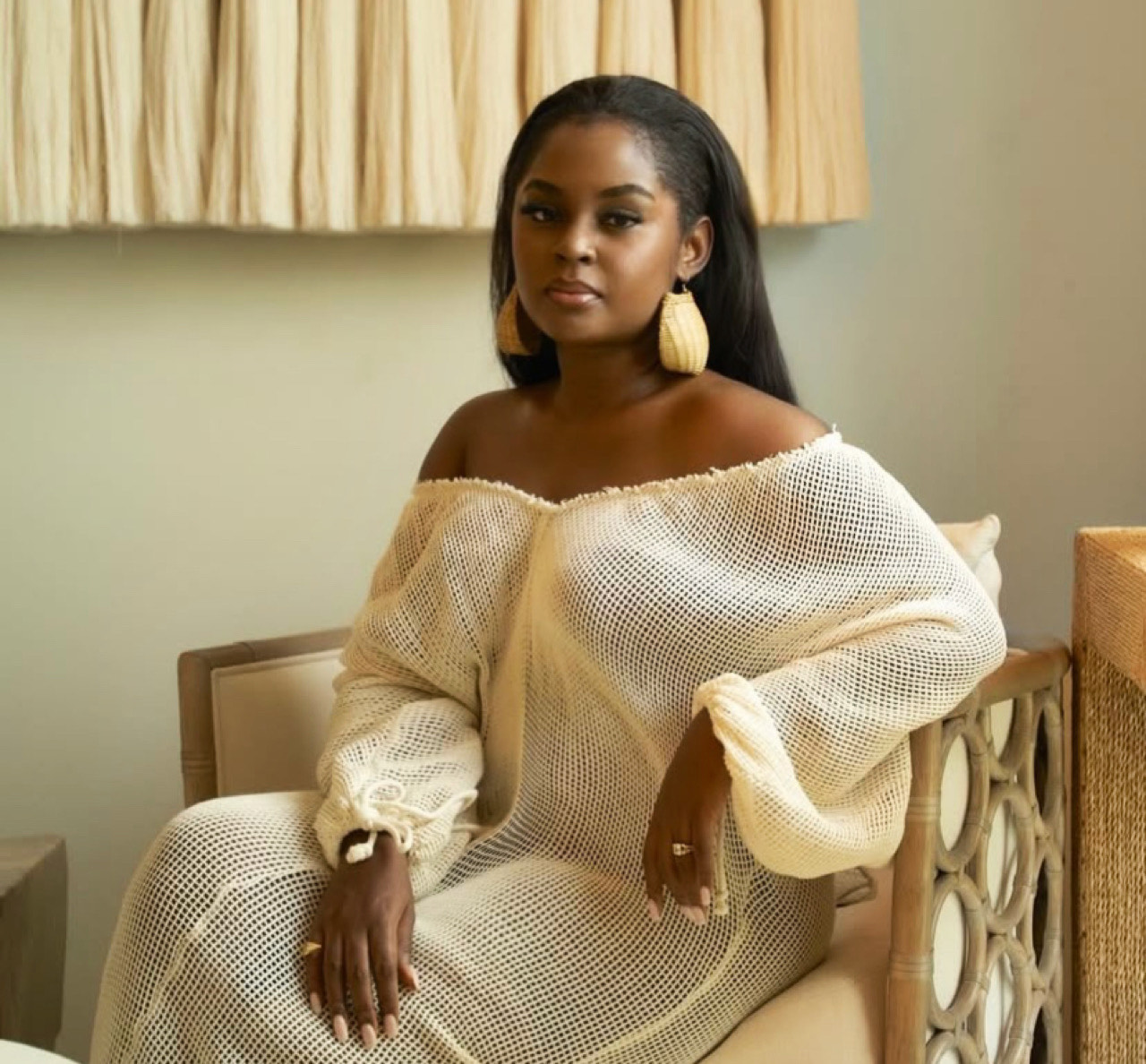
Across continents, women entrepreneurs are weaving their cultural heritage, creativity, and purpose into brands that transcend borders. Their stories highlight that inclusivity knows no geographical limits.
- Andrea Iyamah (Nigeria): Dumebi Andrea Iyamah’s label is renowned for its culturally rich resort wear and swimwear that embraces a wide range of sizes, blending African artistry with global fashion sensibilities.
- Kai Collective (UK): Founded by Fisayo Longe, this London-based brand captivates with vibrant prints and meaningful storytelling, fostering a strong sense of community both locally and internationally.
- Sandy Liang (USA): This Chinese-American designer reimagines New York fashion with playful, nostalgic pieces that balance charm and practicality.
- Mirae (France): Camille Jarmon’s brand champions sustainable, ethically made dresses with inclusive sizing, proving that elegance and eco-consciousness can coexist.
- Nensi Dojaka (Albania/UK): Known for lingerie-inspired tailoring, Dojaka challenges conventional beauty norms on the luxury fashion stage with bold, refined designs.
- Bimba y Lola (Spain): Sisters María and Uxía Domínguez lead this globally loved label, celebrated for its daring prints and commitment to inclusive growth.
- Ambush (Japan): Tokyo-based Yoon Ahn has transformed Ambush into a gender-fluid streetwear icon, pushing the boundaries of urban style.
- Johanna Ortiz (Colombia): Ortiz infuses tropical motifs and artisanal craftsmanship into inclusive collections, bringing Colombian culture to the international fashion scene.
Editor’s Picks
These pioneering women prove that when culture, creativity, and craftsmanship converge, women-led inclusive brands become a powerful global movement-reshaping fashion, redefining beauty, and inspiring future innovators.
Beauty Revolution: Clean, Inclusive, and Purpose-Driven Skincare
The beauty sector is equally energized by women founders who are crafting products that honor every skin tone, identity, and personal story. Their innovations highlight how beauty is evolving into a more intimate and inclusive experience.
Saie Beauty – Laney Crowell
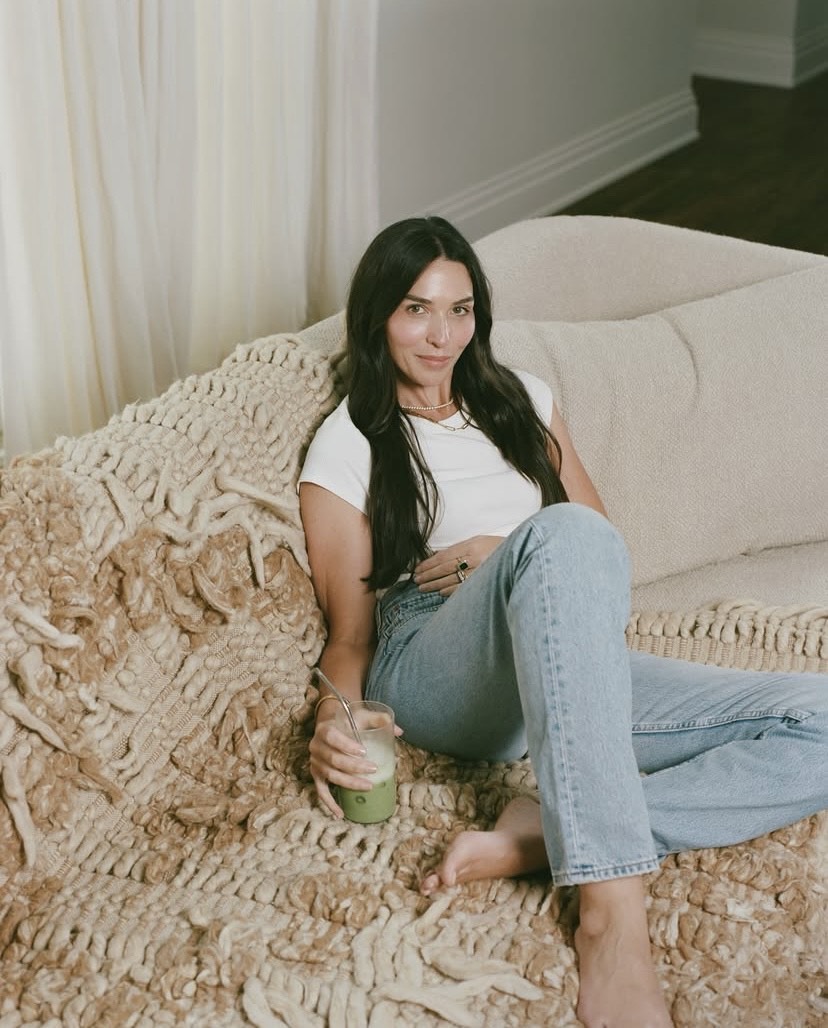
Laney Crowell founded Saie with a focus on sustainability and transparency. From its viral highlighters to the impactful “Every Body” campaign advocating reproductive rights, Saie merges clean beauty with community values. Crowell’s commitment to skin confidence and eco-friendly innovation has propelled the prominence of women-led inclusive brands in the beauty world.
Rhode – Hailey Bieber
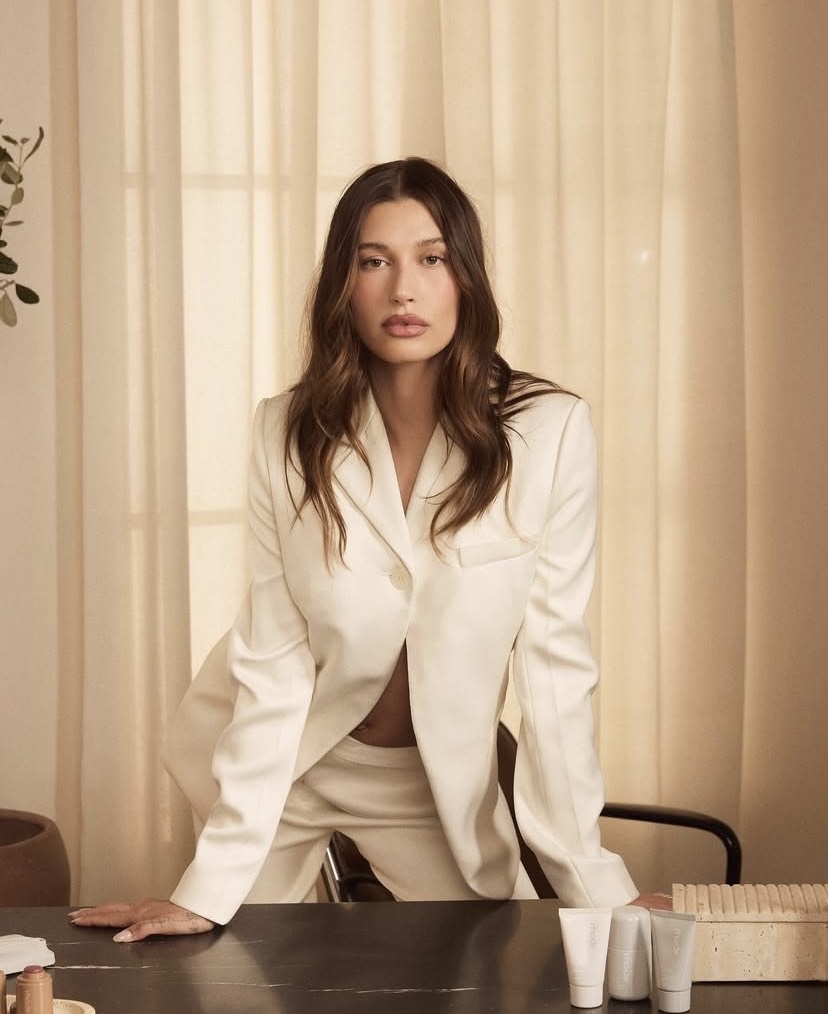
Hailey Bieber’s Rhode skincare epitomizes this new wave. Launched in 2022 with just three products, it has blossomed into a billion-dollar brand under E.l.f. Beauty. Rhode’s accessible pricing, inclusive packaging, and expansion into Sephora worldwide demonstrate how authenticity and growth can coexist harmoniously.
Rare Beauty – Selena Gomez
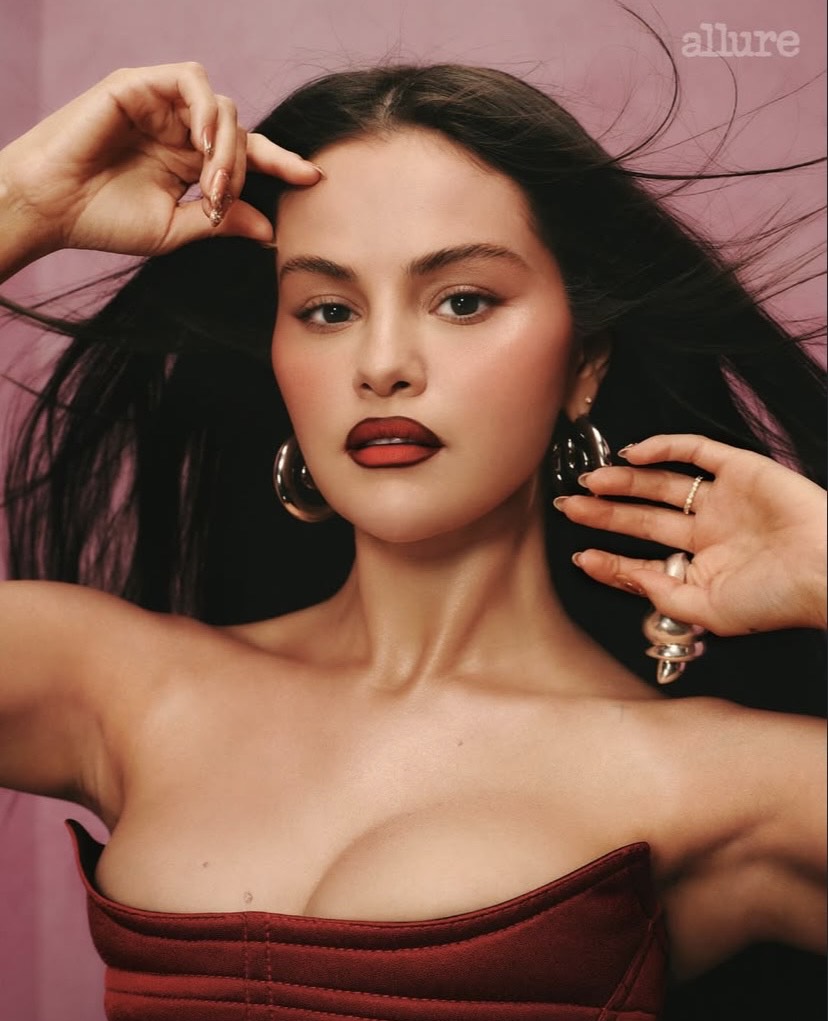
Selena Gomez’s Rare Beauty stands out for intertwining beauty with mental health advocacy. Its success underscores how purpose-driven inclusion can create meaningful impact beyond just products.
Editor’s Beauty Favorites
Black-Owned, Women-Led Brands Driving Industry Change
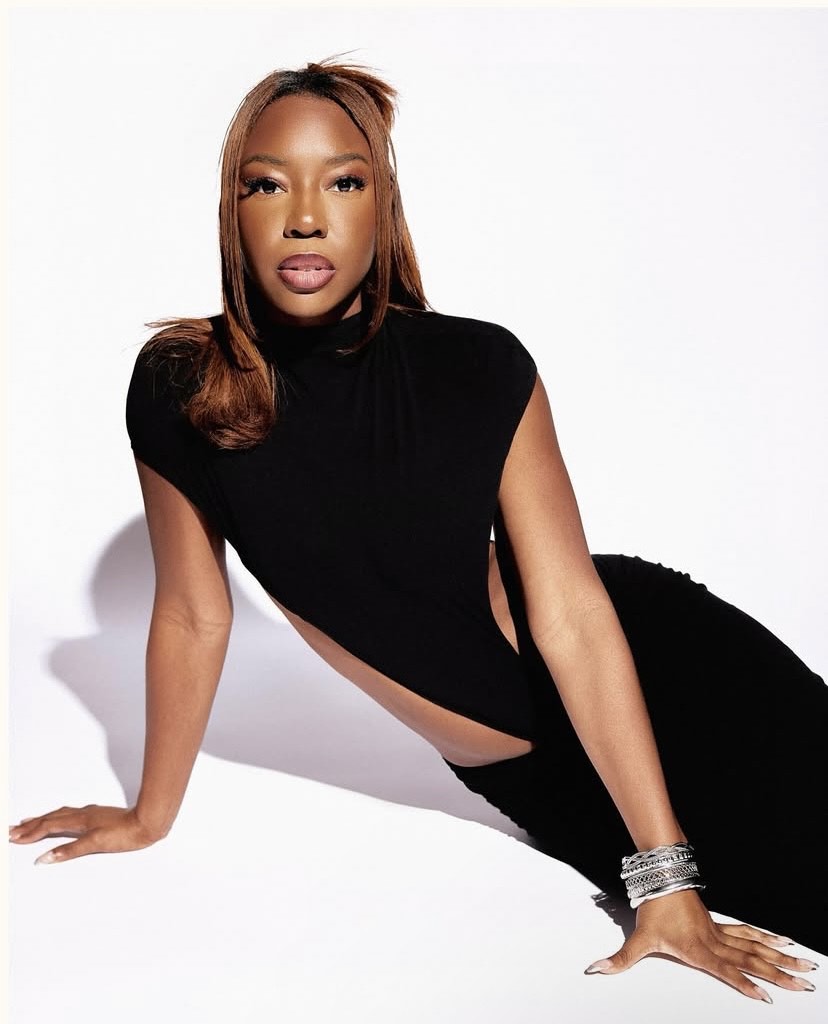
Black women entrepreneurs continue to be pivotal in shaping the global beauty scene, bringing cultural insight and innovation to the forefront.
- Fenty Beauty (Rihanna): Revolutionized foundation shades with an unprecedented range that celebrates all skin tones.
- Pat McGrath Labs (Pat McGrath): Merged artistry and luxury through bold, avant-garde color palettes.
- Topicals (Olamide Olowe): Developed effective treatments for eczema and hyperpigmentation while advocating for mental wellness.
- Arami Essentials (Ore Lawani): Showcases African botanicals in straightforward, potent skincare rituals.
Editor’s Black-Owned Brand Picks
These founders exemplify how cultural heritage, ingredient integrity, and genuine representation can revolutionize entire sectors. Each launch and innovation reinforces that today’s beauty is inclusive, intentional, and transformative.
Legacy Brands Embracing Inclusivity
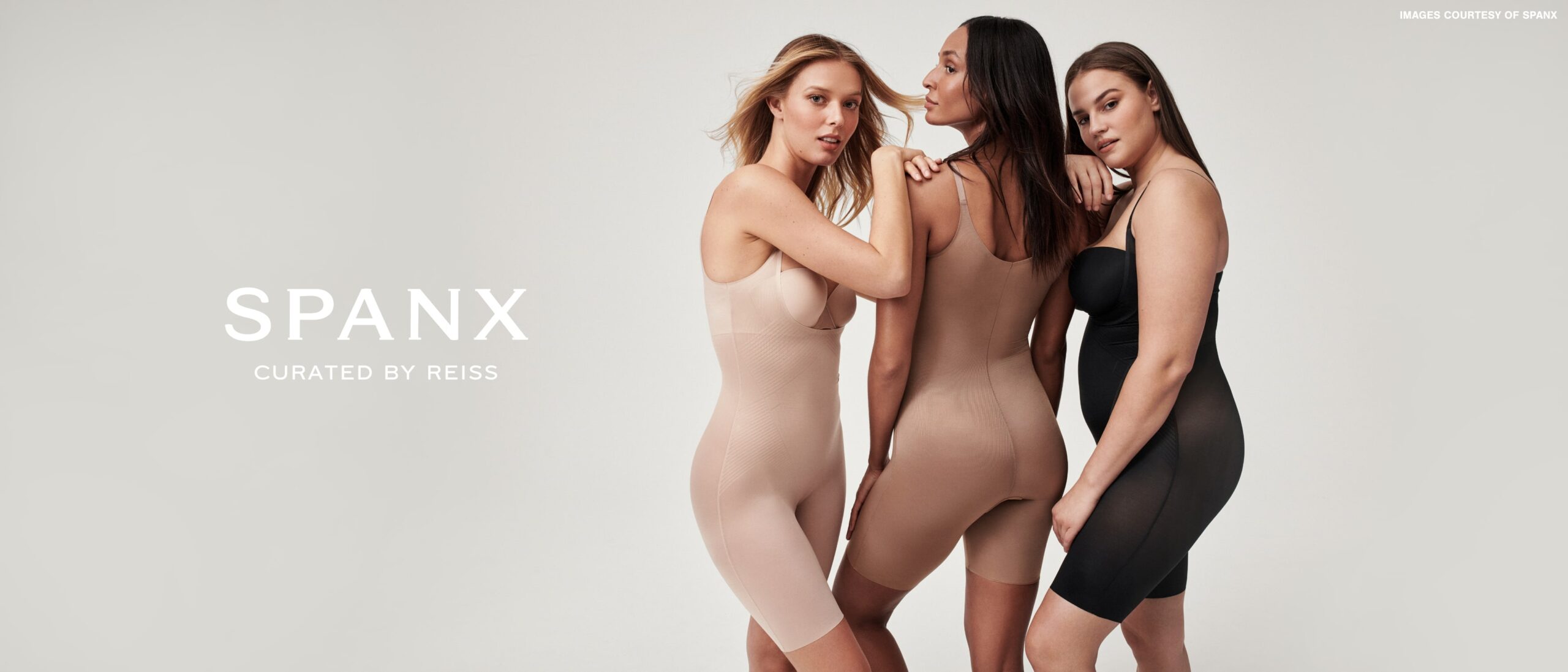
While independent labels spearhead this movement, established brands are evolving to amplify its reach.
For instance, Reformation has broadened its size offerings and enhanced transparency, proving that trendsetting fashion can be inclusive. Spanx has expanded beyond shapewear into lifestyle apparel, catering to diverse body types with inclusive sizing. These strategic shifts highlight how long-term commitment to inclusion fosters consumer trust and loyalty.
Luxury fashion is also part of this evolution. Stella McCartney remains a leader in sustainable design, while Tory Burch extends her influence through philanthropic efforts supporting women entrepreneurs.
These established names illustrate that the rise of women-led inclusive brands is not merely a startup trend but a fundamental industry transformation.
Editor’s Legacy Brand Selections
What Distinguishes These Brands
Across fashion and beauty, the hallmark of these women-led brands is their deeply personal nature. Many founders launched their ventures after encountering a lack of representation-whether in shade ranges, sizing, or cultural storytelling. By turning frustration into innovation, they have created products and experiences grounded in authenticity.
These brands thrive by growing alongside their communities, actively listening to feedback, engaging in meaningful dialogue, and often co-creating with their customers. This collaborative spirit keeps them relevant, adaptable, and connected.
Transparency is another cornerstone. From detailed ingredient disclosures to campaigns featuring diverse bodies and skin tones, these companies prioritize honesty. By moving away from vague claims and embracing clarity, they cultivate enduring trust. This blend of authenticity, community engagement, and openness ensures the sustained success of women-led inclusive brands.
Looking Forward
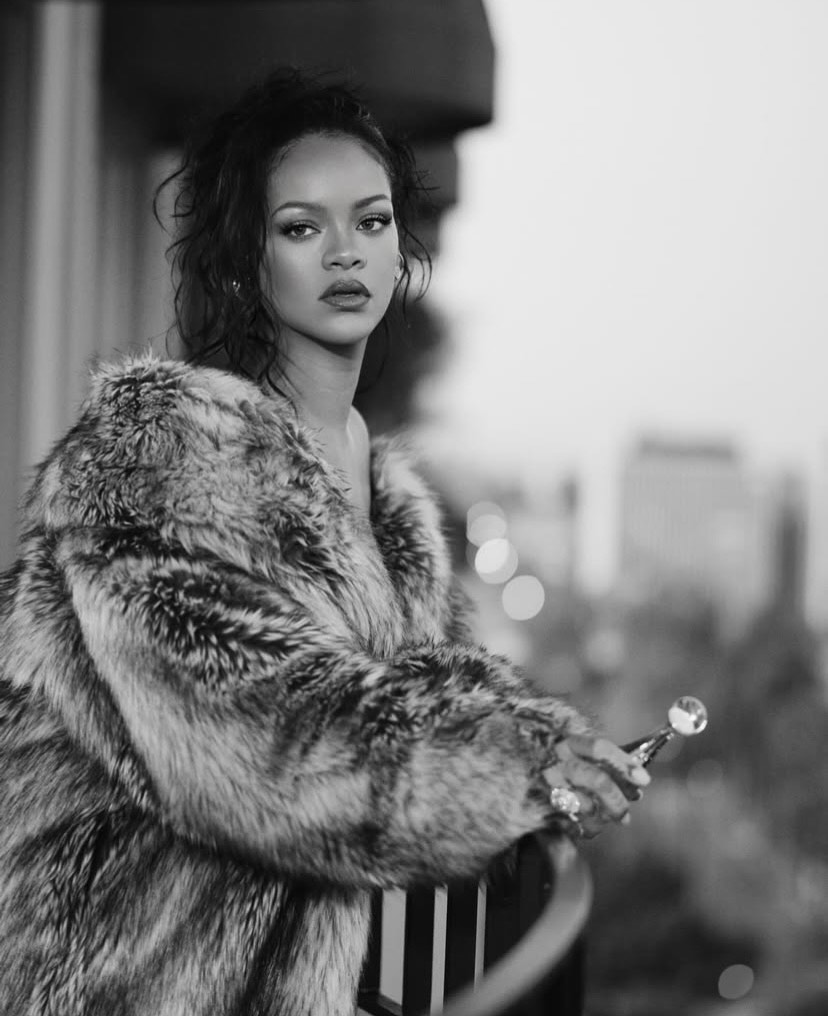
The future promises exciting growth for this movement. Inclusivity is expanding to include adaptive clothing, gender-neutral designs, and more accessible pricing. Investors and retailers are increasingly recognizing the value of these brands, and as 2025 progresses, more women entrepreneurs worldwide will emerge as influential leaders.
Meanwhile, established fashion houses must embrace deeper systemic changes to remain relevant. The momentum behind women-led inclusive brands is undeniable, signaling a lasting shift that continues to redefine the fashion and beauty industries.
Featured image: Adrienne Raquel for Allure
Stay updated on the latest in fashion, lifestyle, and culture by following us on Instagram @StyleRave
Body Positivity Faces Setbacks: What Lies Ahead for Beauty Standards?



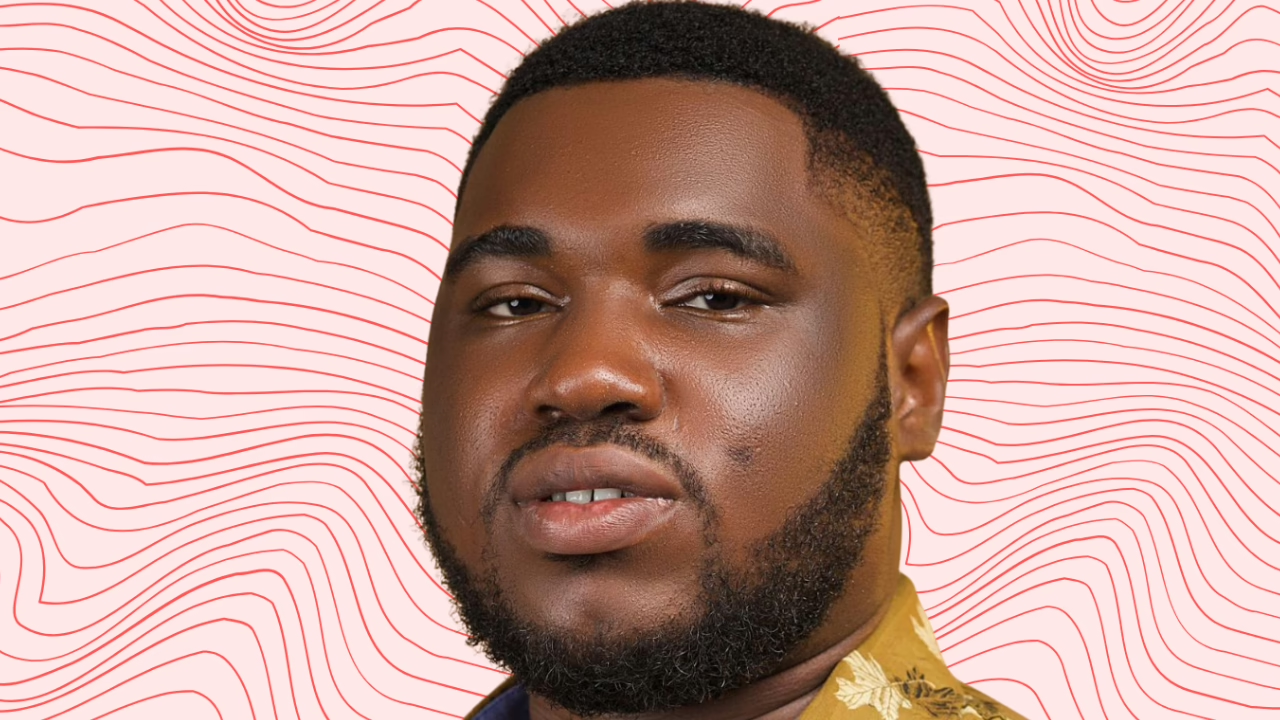
















0 Comments